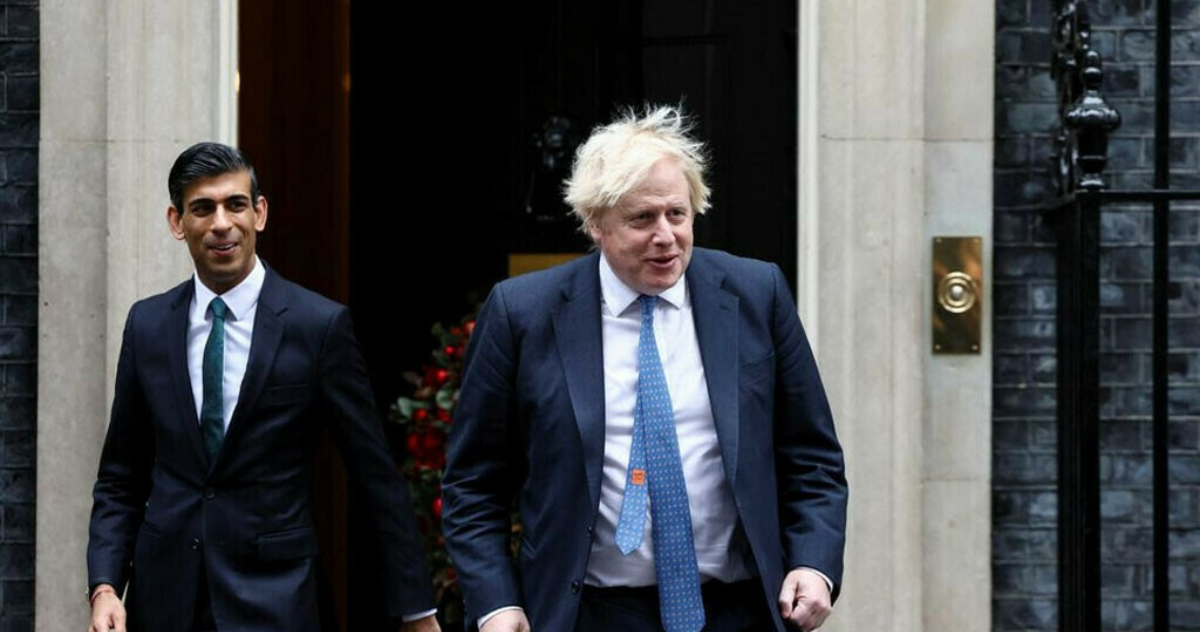London (Parliament Politics Maganize) – Yesterday’s resignation of Chris Patten as Chancellor of Oxford University has vacant coziest job in Britain. Surprisingly, the race for forthcoming chancellor includes the former prime minister Boris Johnson. Previously, Johnson has called for the university to grant a college named after Margaret Thatcher. The chancellorship, a prestigious and mainly ceremonial office, is open to election among Oxford graduates and usually belongs to a former politician.
Lord Patten of Barnes, Christopher Patten, has maintained the position since March 2003. He stated: “This year, I will have my 80th birthday in May. I hope that there will be many more birthdays to come.” “But I am unlikely to have another 21 years in the job as chancellor of the University. “It is in my interest and that of the University for me to step down at the end of this academic year, allowing the University to plan a sensible succession that matches the demands of the 2020s.
Christopher Patten, Lord Patten of Barnes, has announced that he will retire as Chancellor of the University of Oxford at the end of the 2023-24 academic year.
He has been Chancellor since March 2003.
Read more ⬇️
— University of Oxford (@UniofOxford) February 5, 2024
The university also revealed on Tuesday that for the first time, the chancellorship election would be held online rather than in the traditional manner, which demanded graduates to attend the vote in full academic apparel.
The other contests for chancellorship include Former prime minister Theresa May, Sir Tony Blair, and Pakistan’s former prime minister Imran Khan.
Johnson’s time at Oxford University was characterized by ambition, charisma, and political maneuvering.
Further, Mr. Johnson was elected president of the Oxford Union in 1986. While at the university, he was a member of the infamous elite dining society, the Bullingdon Club, an all-male dining club known for its super-rich fellows and their notoriously bad behavior, including disparaging restaurants and student rooms.
Like his model Churchill, Johnson sharpened his public speaking skills at the Eton Debating Society. He led the Debating Society and perfected the art of traditional speech-making, often doctored with parody.
His upbringing instilled in him a sense of focused ambition, driving him to pursue a first-class degree, find a wife, and become the president of the Union.
Coming to Oxford in 1983, Johnson was already a figure of concentrating ambition. His father’s failed attempt at the Union presidency motivated Boris. Who also saw himself as a star in the making. His charm and charisma were apparent early on. It draws friends and admirers from his Eton days and beyond. At Oxford, he assumed the role of the eccentric bounder. It engaged in combining elements of British popular culture with his larger-than-life persona.
Johnson’s presidential initiatives at the Union experienced triumph and defeat. His first attempt was lost, but he learned from the experience. He adapted his strategy to emphasize humor and charm over overt Toryism. Despite initial lapses, he eventually secured the presidency. It leveraged his humor and personality to win over supporters from various backgrounds.
However, his term as Union president was characterized by disorganization and a lack of substantive accomplishment. Johnson’s focus appeared more on winning office than on exerting power effectively. His centrist mask faded post-election. It revealed his true Tory colors. However, he maintained his appearance as a larger-than-life figure. He earned admiration and criticism for his bizarre political approach.
Read More: Boris Johnson States, “I Did Not Support A ‘Let It Rip’ Policy”
Johnson’s time at Oxford showcased his capacity to win over audiences with his humor and charisma. It also raised questions about his depth and commitment to governance. Triumphs and controversies marked his journey from ambitious student politician to Prime Minister. Further, it shaped the course of British politics in profound and unpredictable ways.


